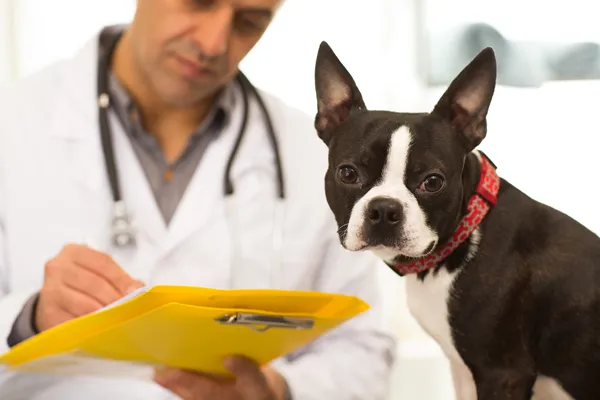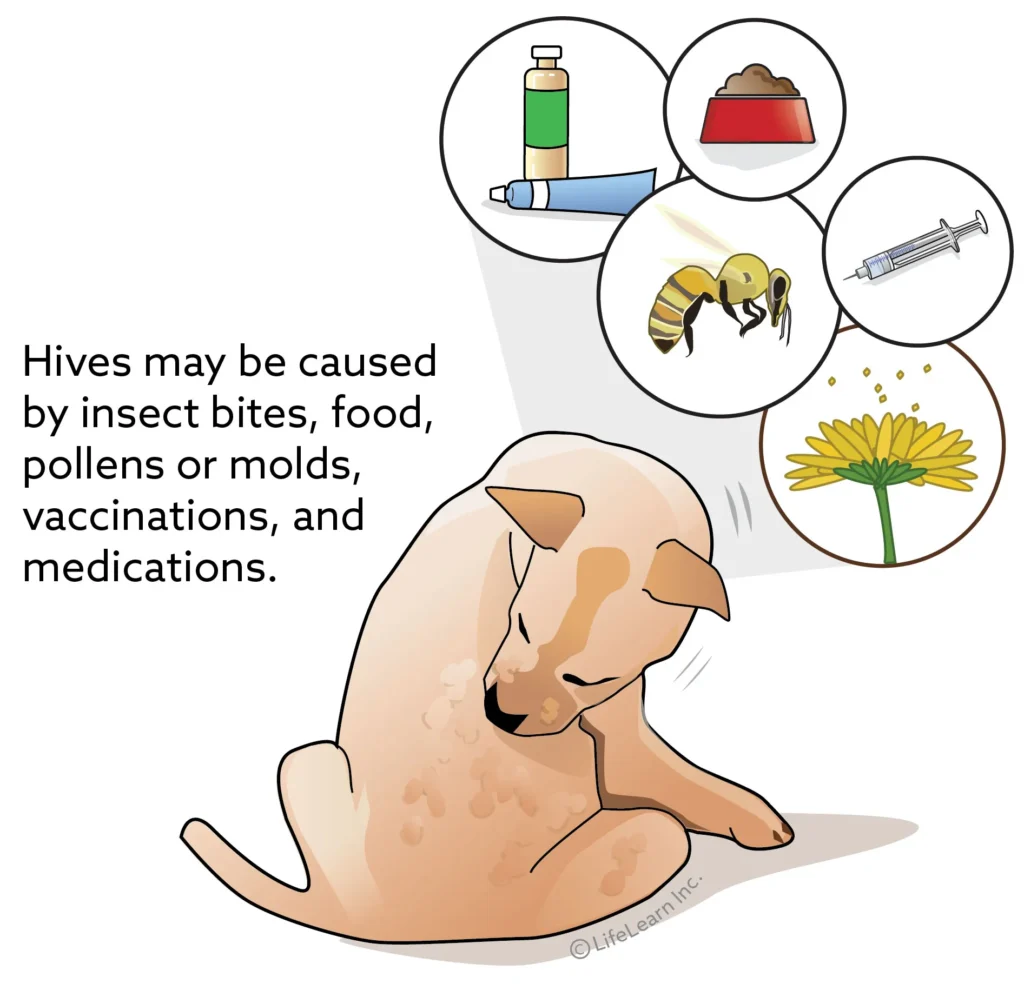Amoxicillin-Clavulanic Acid

Amoxicillin-clavulanic acid, also known as amoxicillin and clavulanate potassium (brand name Clavamox®), is a synthetic, penicillin-type antibiotic used to treat infections caused by gram-positive and gram-negative bacteria. It is used to treat skin infections, soft tissue infections, and periodontal disease. Amoxicillin-clavulanic acid comes in tablet and liquid suspension form.
Amoxicillin

Amoxicillin is given by mouth and is used on and off label to treat certain bacterial infections in a variety of species. Common side effects include gastrointestinal effects such as lack of appetite, vomiting, and diarrhea. Do not use in pets that are allergic to it or other penicillins, cephalosporins, or other beta-lactam antibiotics, or in rabbits, guinea pigs, chinchillas, hamsters, or other small mammals. If a negative reaction occurs, please call your veterinary office.
Ammonium Chloride

Ammonium chloride is used off label and given by mouth to treat metabolic alkalosis, struvite stones, and certain toxicities occasionally in small animals and more often in large animals. The most common side effects include pain at the injection site or stomach upset if given by mouth. Do not use in pets with severe liver, kidney, heart, or lung disease. If a negative reaction occurs, please call your veterinary office.
Amlodipine

Amlodipine is given by mouth and is used on and off label to treat high blood pressure in cats and dogs. Common side effects include vomiting, diarrhea, lack of appetite, sleepiness, or gingival (gum) overgrowth. Do not use in pets that are allergic to it, are in shock, have aortic stenosis, or are in liver failure. If a negative reaction occurs, please call your veterinary office.
Amitriptyline

Amitriptyline is used off label and given by mouth to treat behavioral and pain disorders in dogs, cats, and occasionally birds. Common side effects include sedation, dry mouth, constipation, and urinary retention. This medication should not be used in pets sensitive to TCAs, seizures, or pets currently using MOIs or flea collars. If a negative reaction occurs, call your veterinary office.
Amitraz

Amitraz is a topical solution in the form of a medicated dip, spot-on treatment, or collar used to treat demodectic mange or for the prevention of flea and tick infestations. Common side effects include sedation, incoordination while walking, slow heart rate, gastrointestinal effects, skin irritation, and temporary high blood sugar. This medication is contraindicated in very young animals, and used with caution in old, debilitated, diabetic, or small-breeds. While animals may exhibit signs of sedation, contact your veterinary office if your pet cannot be aroused from sleep or if the sedation lasts for more than 72 hours. Amitraz is toxic if swallowed.
Aminocaproic Acid

Aminocaproic acid is a medication that blocks the breakdown of blood clots, and is used to treat postoperative bleeding, especially in sighthounds. It is given by mouth in the form of a tablet or liquid, or it can be given by injection by your veterinarian in the hospital. Side effects are uncommon but can include vomiting, diarrhea, or decreased appetite. Do not use this medication in pets that are currently experiencing clotting in the vessels, and use with caution in pets with heart, liver, or kidney disease. If a negative reaction occurs, call your veterinary office.
Hives (Urticaria) in Dogs

Urticaria, or hives, is a skin condition characterized by raised red skin welts caused by direct contact with a substance that causes an allergic reaction. These substances include insect bites, food, pollens, molds, vaccinations, and medications. If the swelling progresses to the throat, breathing can be compromised and result in a medical emergency called anaphylaxis. Injectable antihistamines and corticosteroids usually bring about a dramatic improvement, sometimes in as little as a few minutes.
Heat Stroke in Dogs

Heatstroke is another term for hyperthermia. Dogs suffering from heatstroke can have varied signs, from high respiratory rate to coma, depending on their temperature. Prognosis depends on the extent and duration of temperature elevation. Some dogs recover normally, but more severe cases will have permanent organ damage or may die from hyperthermia.
Grape, Raisin, and Currant Poisoning in Dogs

While a favorite healthy snack for people, grapes, raisins, and currants can cause kidney failure in dogs. Fortunately, dogs who receive prompt decontamination and treatment prior to symptoms developing are more likely to have a good prognosis following exposure.

